Recently, the Government of Vietnam has issued the Decree No. 123/2020/NĐ-CP prescribing invoices and records. In order to understand the regulations when using e-invoices, organizations and enterprises should pay attention to the 05 following contents:

1. E-invoices are obliged to be applied from July 01, 2022
Specifically, according to Clause 3 Article 59 of the Decree No. 123/2020/NĐ-CP of Vietnam’s Government, Clause 2 and Clause 4 Article 35 of the Government’s Decree No. 119/2018/ND-CP dated September 12, 2018 are abrogated from November 01, 2020. Thus, from November 01, 2020, the 02 following provisions are abrogated:
- The implementation of e-invoices and authenticated e-invoices as provided by Decree No. 119/2018/ND-CP shall be completed by enterprises, economic or other organizations, business households and individuals by November 01, 2020.
- From November 01, 2020, the Decree No. 51/2010/ND-CP and Decree No. 04/2014/ND-CP of Vietnam’s Government shall be repealed.
Besides, according to Clause 1 Article 60 of the Decree No. 123/2020/NĐ-CP of Vietnam’s Government, enterprises and business entities that have informed the issue of externally-printed invoices or internally-printed invoices, unauthenticated e-invoices or have registered the use of authenticated e-invoices, or have purchased invoices from tax authorities before October 19, 2020 are allowed to continue using these invoices from the date of promulgation of this Decree to end of June 30, 2022, and following invoice-related procedures as provided for in the Decree No. 51/2010/ND-CP.
Thus, according to the above provisions, enterprises, business entities, other organizations, household businesses and individuals are not required to complete the implementation of e-invoices with tax authority's code from November 01, 2020, instead, the deadline is extended to July 01, 2020. However, in case the tax authority notifies the business establishment to apply e-invoice before July 01, 2022 and business establishments that meet the conditions for information technology infrastructure are required to apply e-invoices before July 1, 2022. (according to Clause 1 and 2 Article 60 of the Decree No. 123/2020/NĐ-CP).
2. Entities using e-invoices
According to Clause 1 Article 13 of the Decree No. 123/2020/NĐ-CP of Vietnam’s Government, entities using e-invoices shall comply with the provisions in Article 91 of the Law on Tax Administration of Vietnam. Thus, entities using e-invoices shall include:
- Users of e-invoices with tax authorities' codes:
+ Enterprises and business organizations shall use authenticated electronic invoices when selling their goods/services, regardless of the value of each sale, except for the cases of using e-invoices without codes or with codes for each generation.
+ Household businesses and individuals with a scale of revenue and labor that meet the highest standards in terms of micro-enterprises in accordance with the law on supporting small and medium enterprises and the cases in which revenue can be determined when selling goods and services.
- Users of e-invoices without tax authorities' codes:
+ Enterprises operating in the field of electricity, oil and gas, post and telecommunications, clean water supply, credit, insurance, health, e-commerce, supermarket, commerce, air/road/rail/sea/inland waterway transport;
+ Enterprises and business organizations that have been or will conduct electronic transactions with tax authorities, develop information technology infrastructure, have software for accounting, issuance, access and storage of electronic invoices, and ensure the transmission of electronic invoice data to buyers and tax authorities.
- Regarding household businesses and individual businesses that are not qualified to use authenticated electronic invoices, enterprises, business organizations and other organizations that need to provide electronic invoices for their customers, tax authorities shall issue separate authenticated electronic invoices for individual sales, provided tax is declared and paid before such electronic invoices are issued.
3. E-invoice format
According to Article 12 of the Decree No. 123/2020/NĐ-CP of Vietnam’s Government, the e-invoice format is the technical standards for type of data, length of data of information fields serving transmission, storage and display of e-invoices. E-invoices shall be XML documents. The data of an electronic invoice consists of two components:
- Information about the transaction;
- Digital signature.
However, authenticated e-invoices shall also contain the data of the tax authority’s code.
Concurrently, the following requirements must be met when sellers directly transmit data to tax authorities:
- Connect to the General Department of Taxation via a separate channel or MPLS VPN Layer 3, including 1 main channel and 1 backup channel. Each channel has a minimum bandwidth of 5 Mbps.
- Use an encrypted Web Service or Message Queue (MQ) for connection.
- Use Simple Object Access Protocol (SOAP) to compile, transmit and receive data.
Note: Contents of e-invoices shall be fully and accurately displayed, ensuring readers can read them with electronic devices.
4. Issuance of e-invoices
Case 1: Issuance of authenticated e-invoices
According to Article 17 of the Decree No. 123/2020/NĐ-CP of Vietnam’s Government, enterprises shall issue e-invoices in 2 forms:
- Access the web portal of the General Department of Taxation to create invoices’
- Through e-invoice service providers.
Note: Enterprises, business entities, other organizations, household or individual businesses that sell goods or provide services shall be responsible for sending authenticated e-invoices to buyers.
Case 2: Issuance of unauthenticated e-invoices
According to Article 18 of the Decree No. 123/2020/NĐ-CP of Vietnam’s Government, enterprises and business entities shall use unauthenticated e-invoices for their provision of goods or services upon receipt of the notification of acceptance from the tax authority. Enterprises and business entities shall use software to create e-invoices for their provision of goods or services, append their digital signatures to e-invoices and send them to buyers by electronic means according to the agreement between the seller and the buyer, and regulations of the Law on electronic transactions.
5. Cases of suspension of use of e-invoices
According to Clause 1 Article 16 of the Decree No. 123/2020/NĐ-CP of Vietnam’s Government, enterprises, business entities, other organizations, household or individual businesses shall suspend their use of authenticated and unauthenticated e-invoices in the following cases:
- An enterprise, business entity, other organization, household business or individual business has its TIN invalidated;
- An enterprise, business entity, other organization, household business or individual business does not operate at the registered location as verified and announced by the tax authority;
- An enterprise, business entity, other organization, household business or individual business has sent a notification of business suspension to a competent authority;
- An enterprise, business entity, other organization, household business or individual business is banned from using e-invoices by the tax authority for the purpose of enforcement of payment of tax debts;
- E-invoices are used to sell smuggled goods, banned goods, counterfeits, goods violating intellectual property rights as detected and informed by competent authorities;
- E-invoices are used for short selling of goods or services for fraudulent purposes as detected and informed by competent authorities;
- A business registration authority or competent authority requests an enterprise to suspend operation in a conditional business line after finding that this enterprise does not fully satisfy the business conditions prescribed by law.
Ty Na
- Key word:
- Decree No. 123/2020/NĐ-CP
 Article table of contents
Article table of contents



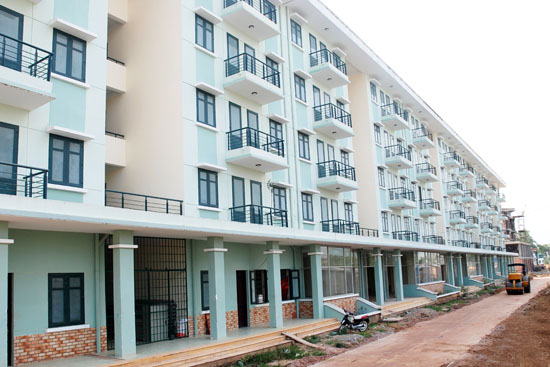
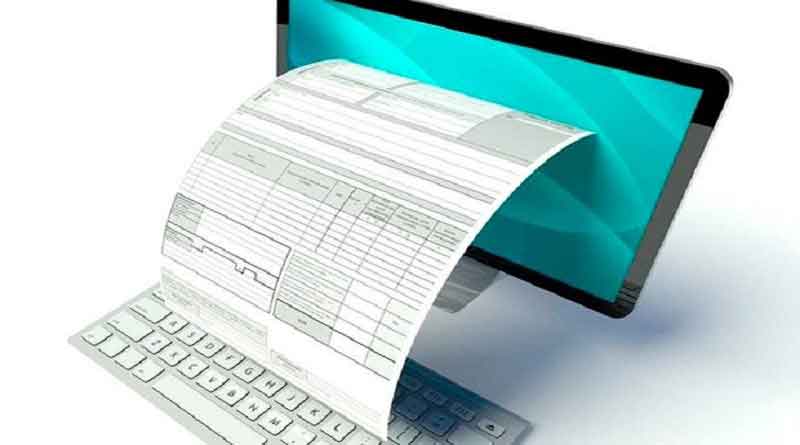

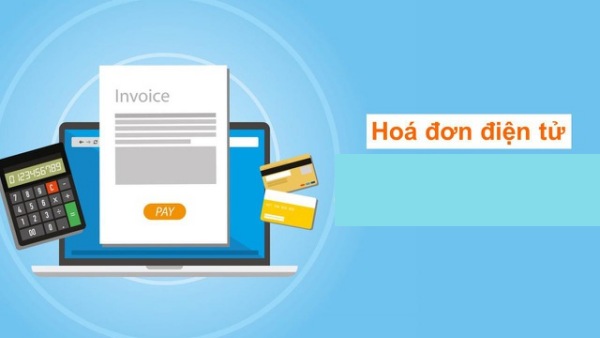
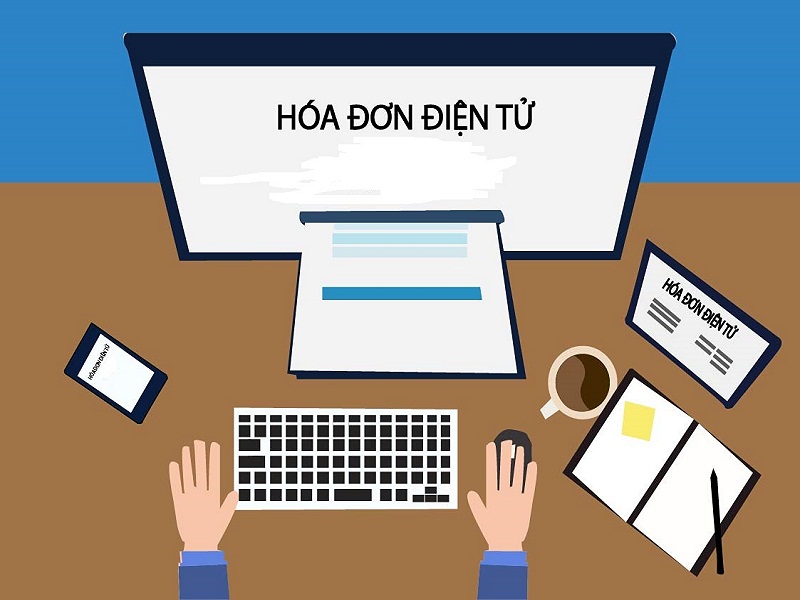
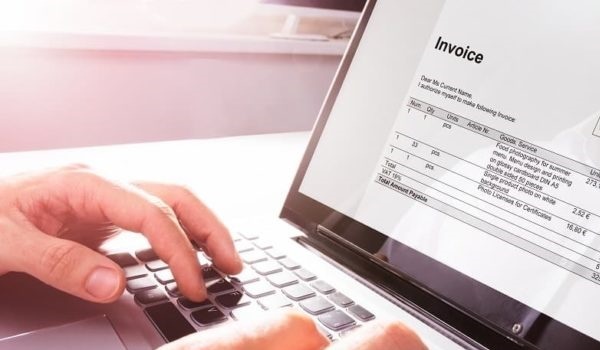

.Medium.png)
.Medium.png)
.Medium.png)
.Medium.png)
